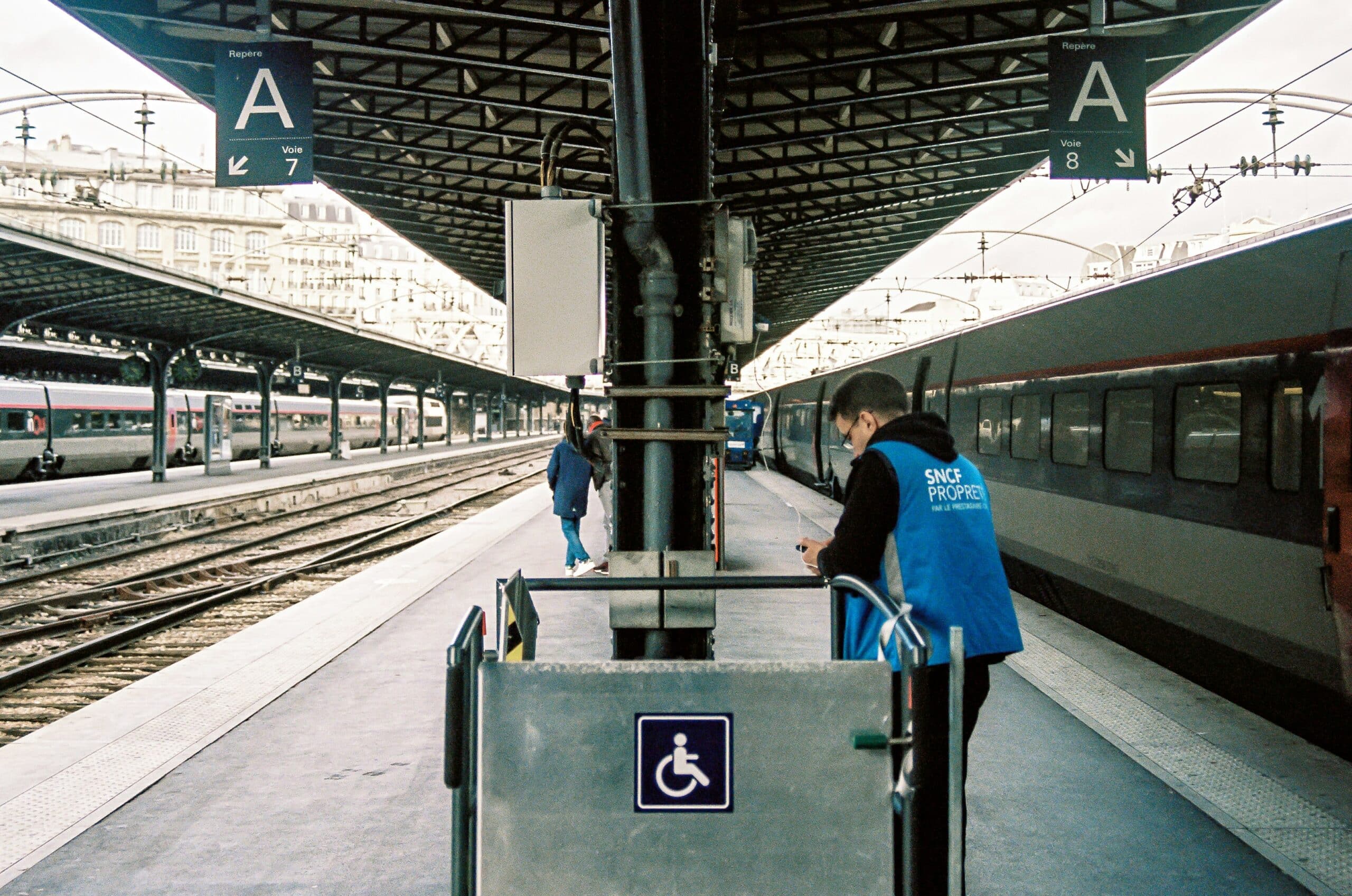The liberalization of the French rail sector, initiated over a decade ago as part of European directives on market deregulation, continues to reshape an industry long monopolized by SNCF. In 2024, the entry of other players, such as Trenitalia, Renfe, or urban transport operators in Île-de-France competing with RATP, is disrupting the established balance and energizing the market while posing significant challenges.
Challenges of integration and profitability for new entrants
For new entrants, profitability remains a major challenge in a sector with high operating costs requiring substantial investments in infrastructure, rolling stock, and maintenance. Returns on investment are slow, as they depend on high ridership driven by service quality and competitive pricing. However, market pressure is pushing SNCF to revise its commercial strategy, thereby spurring innovation in offerings and customer service. For instance, to compete with Trenitalia, SNCF has adjusted its pricing policies and enhanced communication about services such as TGV InOui and Ouigo.
This evolving context introduces new challenges in operational management and regulation, as long-term profitability remains uncertain for both newcomers and historical players.
A complex market with higher expectations for regulation and service
While rail liberalization in France is essential for diversifying offerings and improving service quality, it is also complex and demands effective governance. Challenges include coordination between operators and infrastructure managers, equitable access to networks, and fair allocation of time slots—all of which require stringent regulation to ensure healthy competition. The French Transport Regulatory Authority (ART) plays a crucial role in ensuring fair access to tracks and defining resource-sharing rules that promote balanced competition without compromising service quality and safety.
Employment and skill opportunities in a transforming market
The growth of competition in the rail sector is also driving a surge in demand for specialized professionals, particularly in infrastructure and operational services. Operators, whether newcomers or established players, are seeking profiles that understand the specificities of rail transport and can meet strict regulatory and safety requirements.
This demand spans a wide range of professions, from railway engineers, maintenance experts, and drivers to specialists in planning and fleet management.
There is also an increasing need for environmentally focused roles, as reducing carbon footprints is a key concern for all stakeholders. Recruiters are looking for technology experts to design and maintain more energy-efficient trains with enhanced operational efficiency. In the context of growing investments in renewable energy and infrastructure, professions in finance, sustainable development, and data science specializing in transport flow analysis are further strengthening the sector’s appeal.
Emerging players and new employment dynamics
The opening of the French rail market is introducing new players who challenge SNCF’s historical monopoly and create unprecedented job opportunities. Among these entrants, Proxima stands out as the first independent French high-speed train company, while Railcoop, despite financial difficulties, aspired to offer a cooperative alternative to serve less profitable but strategically vital territories for national connectivity.
Although these new companies face market entry barriers, such as time slots and infrastructure access, they contribute to a dynamic that fosters the creation of specialized jobs.
New entrants require advanced technical expertise in railway engineering, maintenance, and infrastructure management. Competition also pushes them to innovate and optimize the customer experience, leading to the creation of roles in digital technology, marketing, and onboard service design, with a focus on increased personalization to rival SNCF’s established offerings.
At the local level, these companies also help revitalize employment areas often neglected by major operators. Railcoop, for instance, aimed to revive abandoned lines, which would have created local jobs in station management and infrastructure maintenance. While such initiatives remain precarious in a market still dominated by SNCF, they demonstrate how liberalization can boost the rail sector’s attractiveness for skilled talent and contribute to a new employment dynamic in transportation in France.
In conclusion
The opening of the French rail market is redefining the mobility ecosystem by introducing competitive dynamics into a historically closed sector. It encourages the emergence of new players, stimulates innovation, and creates new professional opportunities. However, these advancements face structural and financial challenges, highlighting the need for a robust regulatory framework and investments in skills to sustain a competitive, resilient, and sustainable rail industry. For professionals in the sector, this liberalization represents a unique opportunity to contribute to a more inclusive transport model tailored to the climate challenges of the 21st century.
Article written by Axel Batalha.
